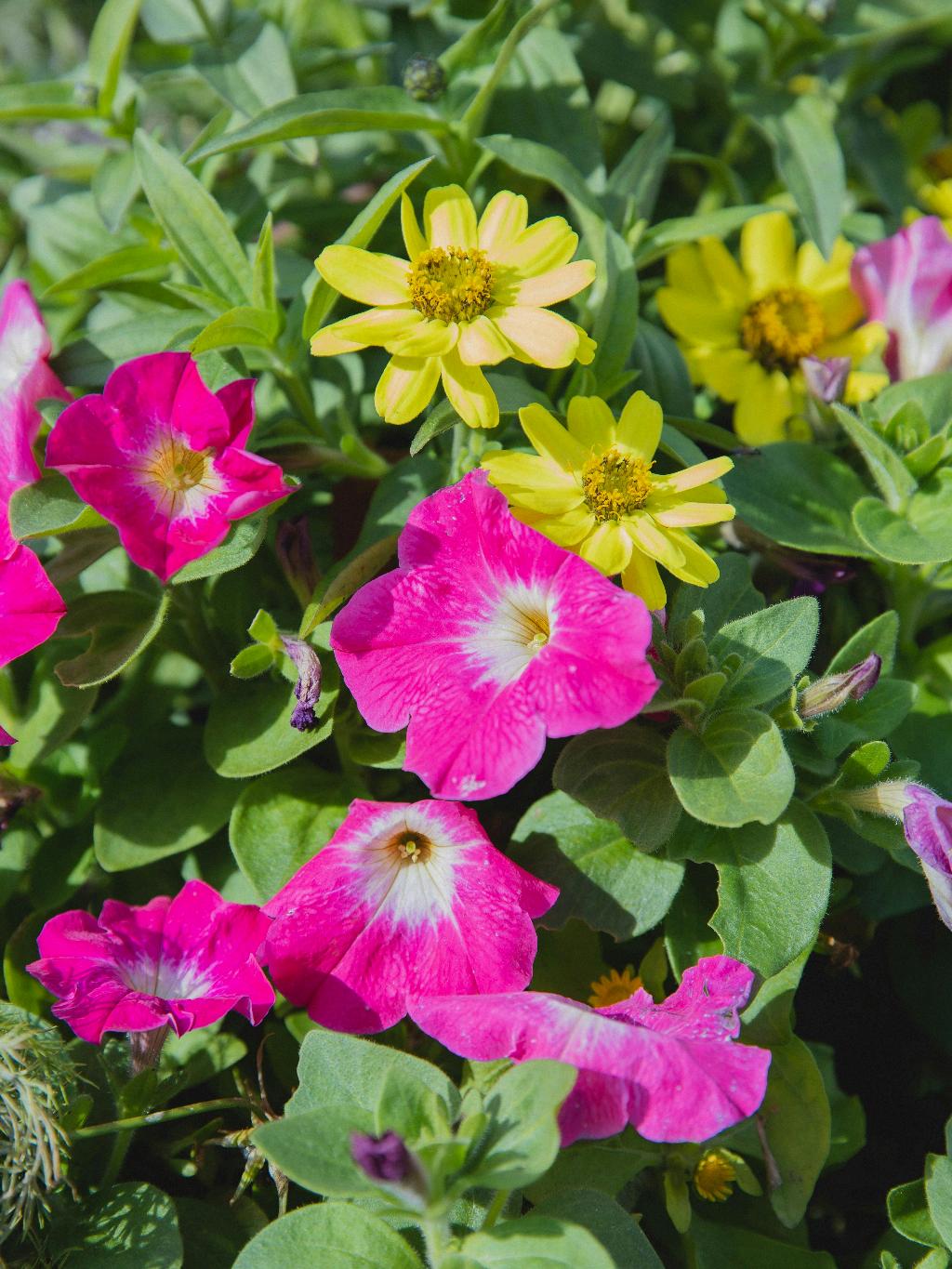Planting petunia seeds at the right time is crucial to ensure the successful growth of these beautiful flowering plants. By understanding the ideal timing and proper preparation, you can maximize the chances of a bountiful petunia garden. Let’s dive into the factors that influence the timing of planting petunia seeds and how to ensure the best outcomes.
Ideal Planting Season for Petunia Seeds
The best time to plant petunia seeds is typically 8 to 10 weeks before the last spring frost date in your area. This gives the seeds ample time to germinate indoors before being transplanted outdoors. By starting the seeds indoors during the colder months, you can help them establish strong root systems and growth patterns before facing the outdoor elements.
Signs That Indicate It’s Time to Plant Petunia Seeds
Visual cues play a significant role in determining the readiness to plant petunia seeds. Look for indicators like the appearance of true leaves and sturdy stems in seedlings before moving them outdoors. Environmental cues such as consistent temperatures above 70 degrees Fahrenheit and frost-free nights are also vital signs that it’s time to plant petunia seeds outside.
How to Prepare for Planting Petunia Seeds?
To ensure successful planting of petunia seeds, gather the necessary tools and supplies, including quality seed-starting mix, containers, and grow lights if needed. Prepare the soil in your outdoor garden by adding compost or organic matter to promote healthy growth. Keep in mind the spacing requirements for petunia plants to allow for proper air circulation and growth.
Steps for Planting Petunia Seeds
When planting petunia seeds, follow these steps for optimal results:
1. Fill containers with moistened seed-starting mix
2. Plant seeds at the recommended depth
3. Keep soil consistently moist but not waterlogged
4. Place containers in a warm, sunny location
5. Transplant seedlings outdoors after the last spring frost date
By following these steps, you can enhance seed germination and promote healthy growth in your petunia plants.
Maintenance Tips After Planting Petunia Seeds
After planting petunia seeds, it’s essential to care for the seedlings diligently. Provide adequate water, sunlight, and fertilizer to support healthy growth. Keep an eye out for common issues like pests or diseases and address them promptly to prevent damage to your petunia plants. Regularly deadhead faded flowers to encourage continuous blooming throughout the growing season.
Conclusion
In conclusion, the timing of planting petunia seeds is a critical factor in achieving successful growth. By starting seeds indoors before the last spring frost date and transplanting them outdoors at the right time, you can enjoy vibrant petunia blooms in your garden. Proper preparation, careful maintenance, and timely planting all contribute to the overall health and beauty of your petunia plants. Happy gardening!

